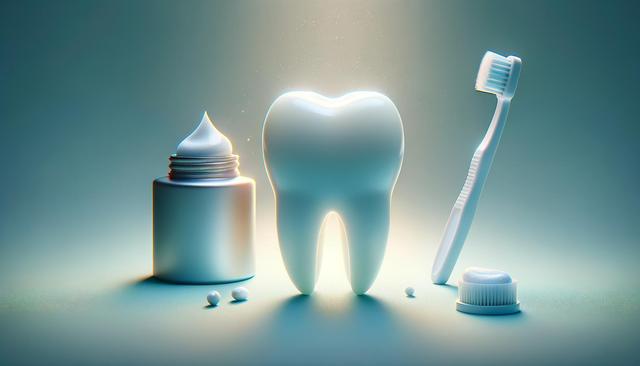Understanding the Causes of Dark Spots
Before exploring remedies, it’s essential to understand what causes dark spots. Also known as hyperpigmentation, these spots can result from a range of factors including sun exposure, hormonal changes, aging, acne scars, and inflammation. When the skin produces excess melanin, it can accumulate in certain areas, leading to visible discoloration. Identifying the root cause is the first step in choosing the most appropriate treatment method. For example, if sun exposure is the main culprit, incorporating protective habits like sunscreen use becomes just as important as the remedy itself.
Common triggers include:
- Prolonged exposure to UV rays
- Post-inflammatory hyperpigmentation from acne or injuries
- Hormonal changes, especially during pregnancy
- Certain medications or skin care products
Understanding the underlying cause can help you make smarter decisions about which remedies to use and when to seek professional advice.
Natural Ingredients That Help Lighten Dark Spots
Many natural ingredients are known for their skin-brightening properties and can be used at home to help fade dark spots over time. These remedies are often gentle on the skin and can be a cost-effective alternative to commercial products. However, consistency and patience are key, as results typically appear gradually over several weeks.
Some popular natural ingredients include:
- Lemon juice – contains citric acid, which has natural bleaching properties
- Aloe vera – known for its soothing and healing effects on the skin
- Apple cider vinegar – contains acetic acid, which may lighten pigmentation
- Green tea extract – rich in antioxidants that may help reduce melanin production
- Turmeric – has anti-inflammatory and brightening benefits
These ingredients can be applied individually or combined into DIY masks and spot treatments. For instance, mixing turmeric with yogurt or aloe vera gel can create a nourishing paste that helps reduce pigmentation with regular use.
Daily Skincare Habits to Prevent and Reduce Dark Spots
In addition to using remedies, maintaining a consistent skincare routine can significantly improve the appearance of dark spots over time. Gentle exfoliation, hydration, and sun protection are particularly important. Daily habits that support skin renewal can also prevent new spots from forming and make existing ones less noticeable.
Essential daily practices include:
- Cleansing with a mild, non-irritating cleanser
- Applying a broad-spectrum sunscreen with at least SPF 30
- Using a moisturizer suited to your skin type
- Incorporating a gentle exfoliant 2–3 times a week
- Applying targeted treatments like vitamin C or niacinamide serums
These habits not only help reduce dark spots but also contribute to overall skin health. Avoiding harsh products and excessive scrubbing is crucial to prevent further irritation and pigmentation.
When to Consider Over-the-Counter or Professional Treatments
While home remedies can be effective for mild cases, some dark spots may require stronger interventions. Over-the-counter products with proven ingredients like hydroquinone, retinoids, or kojic acid can offer faster results when used correctly. In more persistent cases, consulting a dermatologist might be necessary to explore clinical options.
Professional treatments can include:
- Chemical peels – exfoliate the skin to reveal a brighter complexion
- Laser therapy – targets pigmented areas with focused light
- Microdermabrasion – gently removes the outer layer of skin
- Prescription-strength topical creams
These options should be considered when natural remedies and over-the-counter products do not yield satisfactory results. A skin specialist can help determine the most suitable treatment based on your skin type and the severity of the pigmentation.
Precautions and Long-Term Care
Regardless of the method you choose, it’s essential to follow safe practices when treating dark spots. Some natural ingredients like lemon juice can make the skin more sensitive to sunlight, so always apply sunscreen after treatment. It’s also important to perform a patch test before trying new remedies to avoid allergic reactions or irritation.
Additional precautions include:
- Avoiding picking or squeezing blemishes
- Wearing hats or protective clothing outdoors
- Staying hydrated and eating a balanced diet
- Monitoring your skin for any changes or reactions
Long-term care focuses on prevention as much as treatment. Consistent skincare, sun protection, and avoiding known triggers can help maintain an even skin tone and prevent future discoloration. While it may take time, a thoughtful and gentle approach often leads to noticeable improvements.
Conclusion: Choosing the Right Path for Your Skin
Dark spot removal doesn’t have to involve complicated routines or expensive treatments. With a better understanding of what causes hyperpigmentation and a commitment to daily care, many individuals can see gradual improvement using natural or over-the-counter remedies. However, it’s important to remain patient and consistent, as noticeable results often take time. Always listen to your skin and consult a professional if needed to ensure you’re choosing the right path for your unique skin type and concerns.


